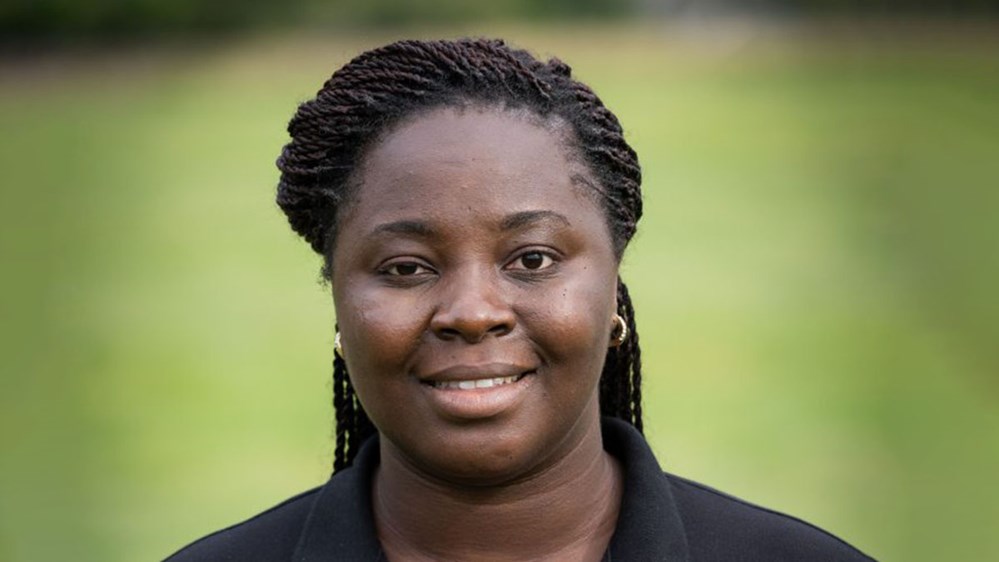Putting carbon in its place
Ifeoma works as a soil scientist at UNDO, a company working to remove carbon from the atmosphere with the help of enhanced rock weathering.

I got started as a scientist by doing an undergraduate degree in agriculture with a major in soil science.
I've always been interested in climate crises and climate change, and my interest grew stronger when I realised that soils actually have a very important part for climate adaptation and mitigation. After my undergraduate program, I did a master's in soil physics and conservation and focused on how changing agricultural practices could help conserve the soil for better soil management.
Then I went on to do a PhD looking at how biochar could be used as an improver to increase soil moisture conservation, especially in arid, dry regions - which is actually a climate mitigation strategy. From there, I joined UNDO!
At UNDO, we are involved in a carbon removal strategy by using enhanced weathering. It's a technique where we spread crushed rock on agricultural land. Then when it rains, the rain traps the carbon dioxide down to the soil. When it reacts to the basalt (the rock), it creates bicarbonates that are stored in the soil for over a long period of time, helping to lock up carbon for a longer period.
In my role as a soil scientist at UNDO, I'm involved with the research and science team, which technically involves doing a lot of our field research where we have our field sites. We collect soil samples and pore water samples, and we bring them to the lab, measure the pH and the electrical conductivity so we can track how much carbon dioxide has been stored over time.
This way we are measuring and monitoring our process and making sure that we are validating the amount of carbon dioxide that we store. I love my job because I get to work with soil, which is very important to me. The soil is very important to everyone, not just to me, because it is where most of the food we eat has been grown.
It's also a habitat for many microorganisms. A fun fact is that in just a teaspoon of soil, we have more microbes than humans living on earth. The soil is important for so many things, including climate mitigation and adaptation.
My job at UNDO is very important because that is how we are able to measure and track how much carbon dioxide we actually sequester and process, which is enhanced weathering.
If you want to go into climate science, it would be important for you to have to join clubs, such as after school clubs, that are engaged in environmental programs.
That is actually something I wish I had known while I was doing my undergraduate program - to do an internship with either a company or an organisation that are really interested in solving climate crisis or that are interested in spreading information about climate crisis to everyone.